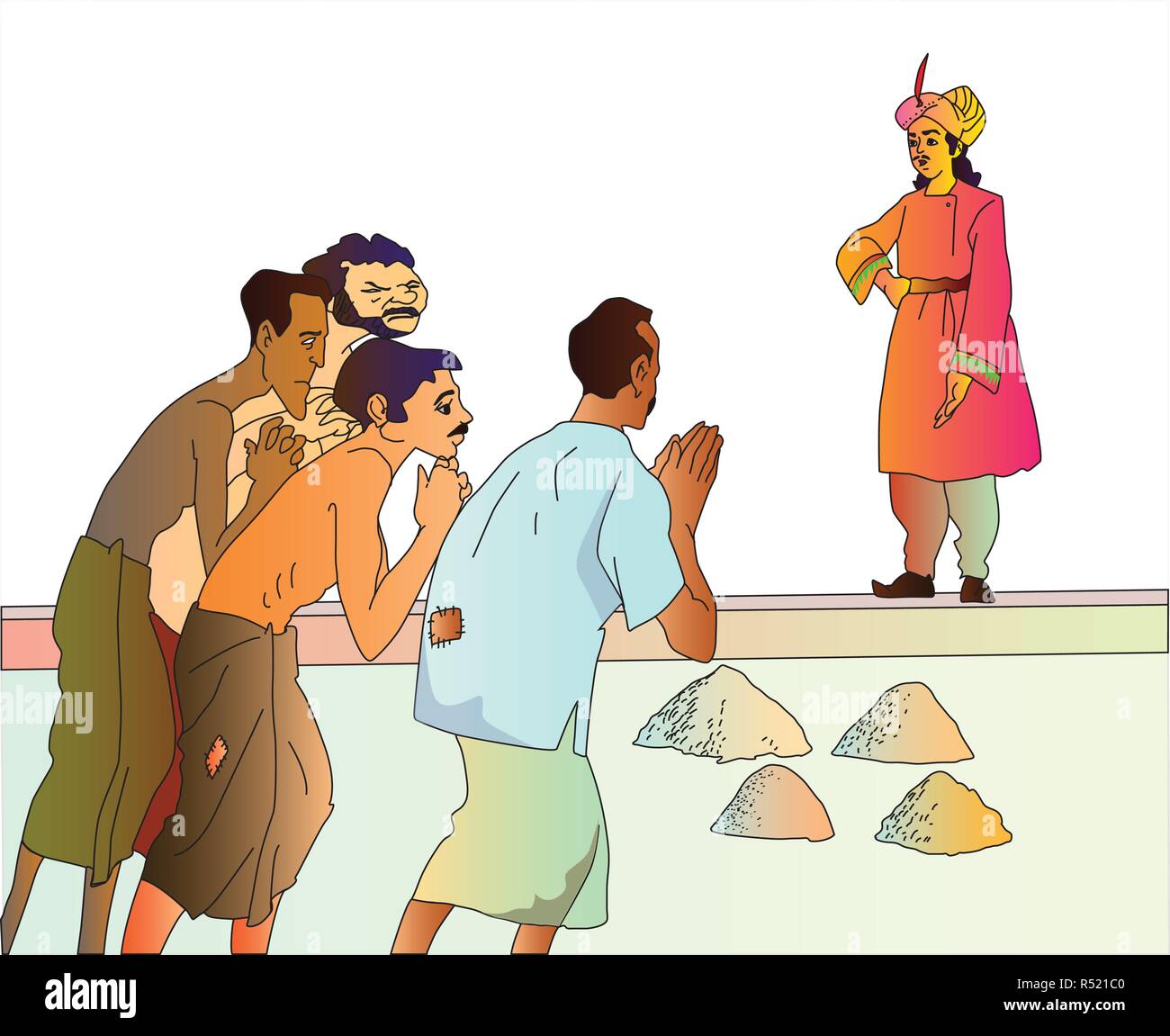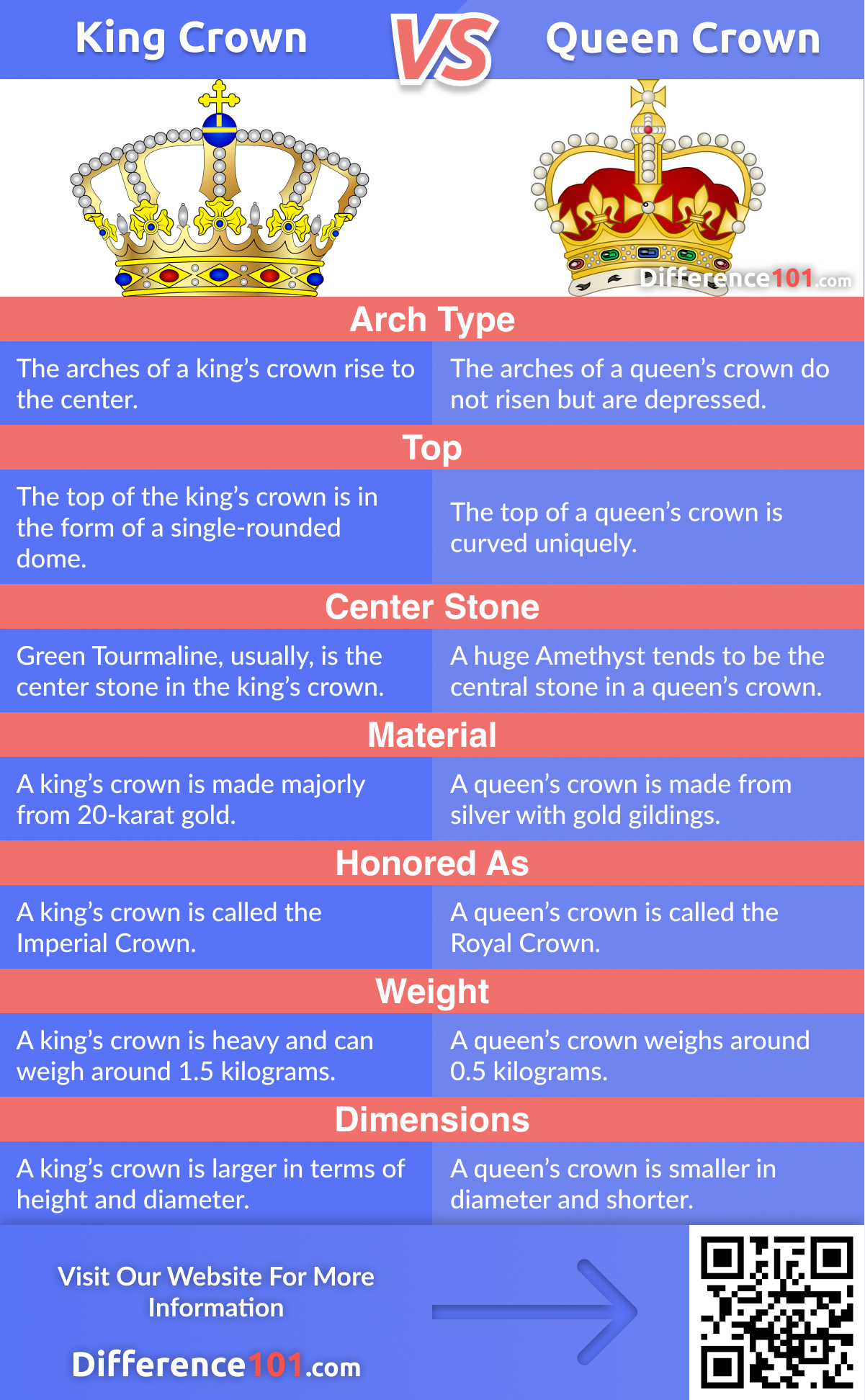What Is The Relationship Between Crown Families And Common People?
Have you ever wondered about the mysterious bond between crown families and the common people? It’s like this invisible thread that connects royalty to everyday life, yet feels so distant at the same time. The relationship between kings, queens, and their subjects has evolved over centuries, shaped by history, culture, and modern politics. But what does it really mean today? Is it just a symbolic connection or something deeper? Let’s dive in and unravel the secrets behind this fascinating dynamic.
From fairy tales to real-life dramas, crown families have always held a special place in our hearts. They’re like celebrities who didn’t audition for fame—they were born into it. But beyond the glitz and glamour, there’s a lot more to their relationship with the common folk than meets the eye. This isn’t just about waving from a balcony or attending royal weddings; it’s about trust, tradition, and the evolving role of monarchy in the 21st century.
So, if you’ve ever scratched your head thinking, "Why do we still care about kings and queens?" or "What do they even do for us?"—you’re not alone. This article will break down the intricate web of connections between crown families and the people they represent. We’ll explore history, current events, and the psychological factors that keep this bond alive. Let’s get started!
- Emily Compagno Engagement Ring 2024 All The Glittering Details You Need To Know
- Beatrice Florea Net Worth The Untold Story Of Romanias Rising Star
Table of Contents
- A Brief History of Crown Families and Common People
- The Modern Role of Monarchies
- Symbolic Connections: More Than Meets the Eye
- The Economic Impact of Royalty
- Public Opinion: Love or Loathe?
- Challenges Faced by Crown Families
- Media Influence on the Perception of Royalty
- The Psychology Behind the Fascination
- The Future of Crown Families
- Conclusion: Where Do We Go From Here?
A Brief History of Crown Families and Common People
Back in the day, crown families ruled with an iron fist—or at least that’s how history paints it. Monarchies were absolute, and the relationship between royals and commoners was more like master and servant. But as time went on, things started to shift. The Enlightenment brought ideas of democracy and equality, which slowly chipped away at the divine right of kings. By the 20th century, most monarchies had transitioned into constitutional ones, where kings and queens became figureheads rather than rulers.
How Did This Change Happen?
Well, revolutions played a big part. Think about the French Revolution or the American War of Independence. People weren’t too thrilled about being taxed to support lavish lifestyles they couldn’t partake in. So, monarchies had to adapt or risk losing everything. And adapt they did. Today, royals focus more on diplomacy, charity, and cultural preservation rather than ruling the land.
- Kyla Yesenosky Erome Unveiling The Sensation Behind The Name
- Shanin Blake Sex Tape Leak The Untold Story Facts And What You Need To Know
But here’s the kicker—despite losing power, crown families managed to maintain relevance. They became symbols of national identity, tradition, and unity. It’s like they found a new way to stay relevant without actually wielding political power. Pretty clever, right?
The Modern Role of Monarchies
Fast forward to today, and you’ll find that crown families still hold a special place in many countries. They may not run governments anymore, but they play a crucial role in shaping national identity and fostering unity. Think about Queen Elizabeth II during her reign—she was a symbol of stability in turbulent times. And let’s not forget Prince Harry and Meghan Markle—they brought a fresh perspective to the monarchy, connecting with younger generations in ways no one expected.
What Do Monarchies Do Nowadays?
- They represent their countries on the global stage.
- They support charitable causes and humanitarian efforts.
- They preserve cultural heritage and traditions.
- They boost tourism and economic growth.
It’s not all about tiaras and tea parties anymore. Modern monarchies are all about staying relevant in a rapidly changing world. And hey, who wouldn’t want to hang out with a prince or princess every now and then?
Symbolic Connections: More Than Meets the Eye
The relationship between crown families and common people isn’t just about appearances. It’s deeply rooted in symbolism. Royalty represents continuity, tradition, and national pride. When you see a royal wedding or a coronation, it’s not just about the event itself—it’s about the story it tells. It’s about belonging to something bigger than yourself.
Why Do We Care So Much?
Because humans are wired to connect with stories. We love drama, romance, and triumph over adversity. And let’s be real—royal families have all of that and more. From Prince Charles and Diana’s fairytale romance to the struggles of Princess Diana’s later years, there’s always something happening in the world of royalty that captivates our imagination.
Plus, there’s this idea of “royal duty” that resonates with people. Seeing someone give up their personal life for the greater good is inspiring. It’s like they’re living proof that sacrifice and service matter.
The Economic Impact of Royalty
Now, let’s talk money. Crown families might not rule the world anymore, but they sure do influence the economy. Tourism is a massive industry, and royal events bring in big bucks. Think about the wedding of Prince William and Kate Middleton—it was a global spectacle that generated billions in revenue. People traveled from all over the world to witness the event, and businesses cashed in big time.
How Does Royalty Boost the Economy?
- They attract tourists to royal sites and events.
- They promote local businesses through royal patronage.
- They generate media coverage that boosts national visibility.
But here’s the thing—royalty doesn’t come cheap. Taxpayers foot a hefty bill to maintain royal estates, staff, and events. So, the question becomes: Is it worth it? For some, the answer is a resounding yes. For others, not so much. It’s a debate that’s been going on for years, and it shows no signs of stopping anytime soon.
Public Opinion: Love or Loathe?
Not everyone is a fan of crown families, and that’s okay. Public opinion varies widely depending on where you live and what you believe. In some countries, like the UK, the monarchy is widely supported. In others, like Sweden, there’s growing debate about its relevance in modern society.
What Shapes Public Opinion?
- Media coverage and portrayal of royals.
- Personal experiences with royal events or initiatives.
- Political and economic factors influencing perceptions.
At the end of the day, it’s all about perspective. Some people see royalty as a waste of resources, while others view it as an essential part of their cultural heritage. It’s a complex issue with no easy answers.
Challenges Faced by Crown Families
Being part of a crown family isn’t all sunshine and roses. There are plenty of challenges that come with the territory. From media scrutiny to family drama, royals have to navigate a minefield of expectations and responsibilities. And let’s not forget the pressure to stay relevant in a world that’s increasingly skeptical of tradition.
What Are the Biggest Challenges?
- Maintaining relevance in a modern world.
- Dealing with negative media coverage and scandals.
- Balancing personal lives with public duties.
Take Prince Harry and Meghan Markle, for example. Their decision to step back from royal duties was met with both praise and criticism. It highlighted the struggles faced by modern royals who want to live authentic lives while fulfilling their responsibilities.
Media Influence on the Perception of Royalty
The media plays a huge role in shaping how we perceive crown families. Whether it’s tabloids sensationalizing scandals or documentaries exploring the realities of royal life, the way stories are told matters. Positive coverage can boost public support, while negative coverage can damage reputations.
How Does the Media Affect Royalty?
- It shapes public opinion through narratives and headlines.
- It influences policy decisions and government actions.
- It creates opportunities for royals to engage with the public.
But here’s the thing—the media isn’t always fair. Sometimes, stories are blown out of proportion or taken out of context. That’s why royals have to be strategic in how they interact with the press. It’s a delicate balance that requires finesse and diplomacy.
The Psychology Behind the Fascination
Why are we so obsessed with crown families? It’s not just about the glitz and glamour—it’s about psychology. Humans are wired to seek connection, meaning, and purpose. Royalty offers a glimpse into a world that feels larger than life, yet strangely relatable. We see ourselves in their triumphs and struggles, and that creates an emotional bond.
What Makes Royalty So Captivating?
- The allure of a fairy-tale lifestyle.
- The humanizing aspects of their personal lives.
- The sense of belonging to something greater.
It’s like we’re watching a real-life soap opera, but with stakes that feel more personal. And who doesn’t love a good story?
The Future of Crown Families
So, where does this all lead? The future of crown families is uncertain, but one thing is clear—they’ll need to adapt to survive. As societies become more egalitarian and technology continues to evolve, the role of monarchy will undoubtedly change. But will it fade into obscurity, or will it find new ways to thrive?
What Can We Expect?
- More focus on sustainability and social issues.
- Increased engagement with digital platforms.
- Potential reforms in constitutional monarchies.
Only time will tell, but one thing’s for sure—crown families will continue to capture our imaginations for years to come.
Conclusion: Where Do We Go From Here?
As we’ve explored the relationship between crown families and common people, it’s clear that this bond is complex and multifaceted. From historical roots to modern challenges, royalty continues to play a significant role in shaping our world. Whether you love them or loathe them, there’s no denying their impact on society.
So, what’s next? If you’re passionate about this topic, why not leave a comment or share your thoughts? Let’s keep the conversation going. And if you enjoyed this article, don’t forget to explore more content on our site. After all, the story of crown families is far from over—and neither is yours.
- Exploring Bustyema The Ultimate Guide To Understanding And Appreciating
- Chlo And Matt Leak The Inside Scoop Youve Been Waiting For

Revealed In Time Royal Families Crown Prince Frederik & Crown

King and Common People Stock Vector Image & Art Alamy

👑 King Crown vs Queen Crown 7 Key Differences To Know Difference 101